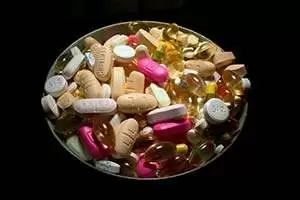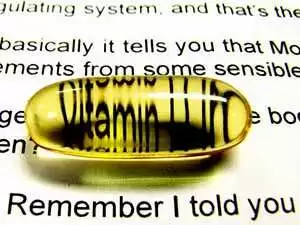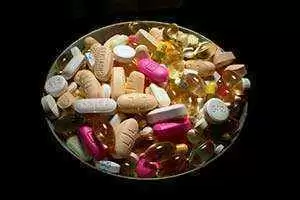
Celiac.com 05/11/2015 - Many people with celiac disease know that gluten exposure can cause gut damage and trouble absorbing some vitamins and minerals, which can lead to serious deficiencies. However, even celiac who follow gluten-free diets may experience similar issues, including impaired vitamin and mineral absorption.
The most common vitamin and mineral deficiencies in celiac patients include the following vitamins and minerals:
- B vitamins, especially B12
- Vitamin A
- Vitamin D
- Vitamin E
- Vitamin K
- Iron
- Calcium
- Carotene
- Copper
- Folic acid
- Magnesium
- Selenium
- Zinc
Celiac.com Sponsor (A12):
As a result, patients with celiac disease can develop iron-deficiency anemia, including a type that resists oral iron supplementation, and may also develop osteoporosis and osteopenia due to bone loss resulting from decreased calcium and vitamin D absorption.
For these reasons, it is important that patients with celiac disease be monitored regularly to ensure that they have proper levels of vitamins and minerals in their bodies.
Source:
- Open Original Shared Link






.webp.7070dec73e8d8ed8a4797666ef448432.webp)




Recommended Comments
Create an account or sign in to comment
You need to be a member in order to leave a comment
Create an account
Sign up for a new account in our community. It's easy!
Register a new accountSign in
Already have an account? Sign in here.
Sign In Now